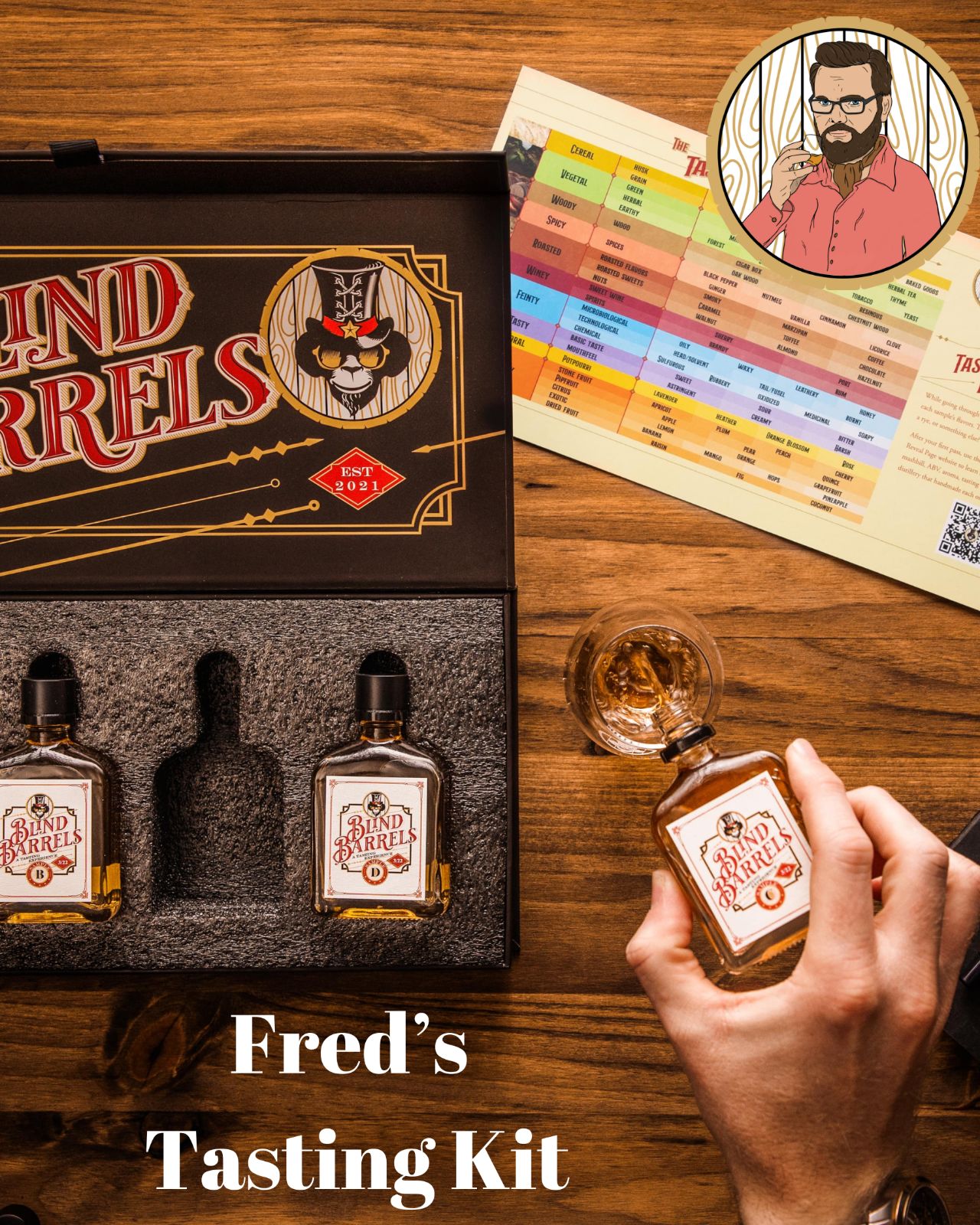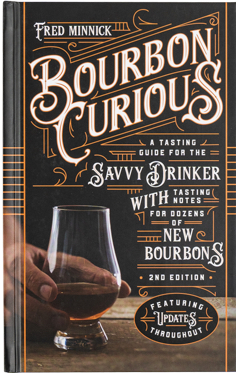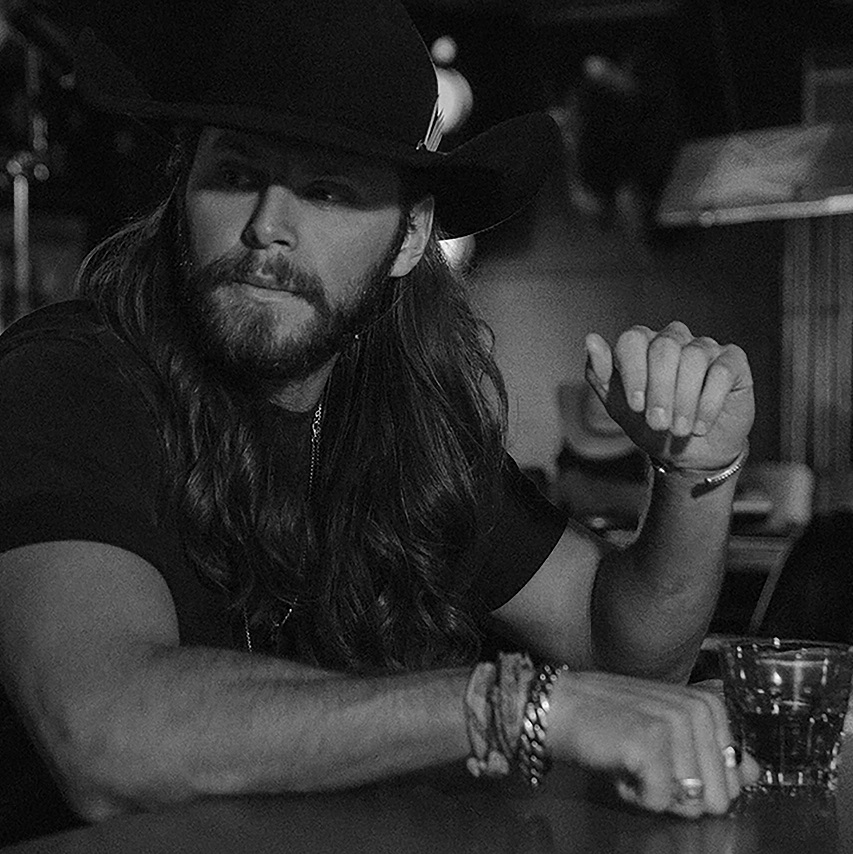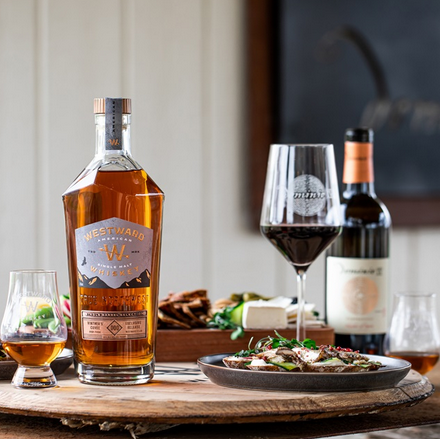Delilah’s: America’s first great Bourbon bar
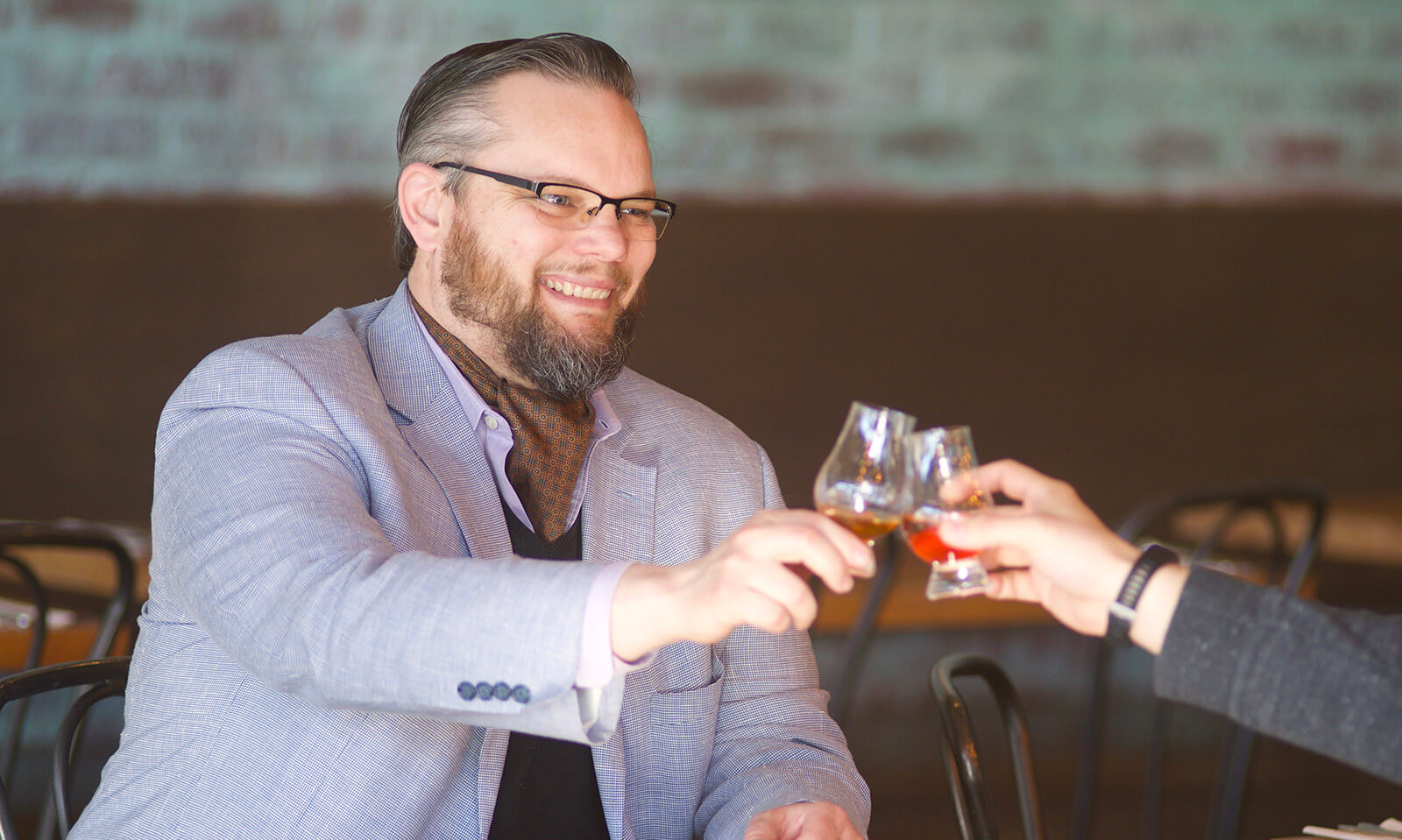
When then Maker’s Mark CEO Bill Samuels visited Chicago in the mid-1990s, he requested to see a small upstart bar in Lincoln Park blasting punk rock (or dark rhythm and blues) and with bartenders, dressed in all black, offering shots of Bourbon knowledge. But his distributor didn’t think it was a good idea. They wanted the red wax legend to visit more posh accounts, such as those with white tablecloths and sharp-dressed waiters whose fare matched the decor. “People didn’t know what to think of the place (Delilah’s),” Samuels recalls.
Samuels rarely listened to people who defied his requests, and this time was no different. His leather soles found the clean-and-smooth wood floors of Delilah’s and his elbows rested along the lacquered bar. Here, Samuels saw the first Maker’s Mark neon sign grabbing attention in one of Chicago’s wealthiest neighbourhoods and colourful chalk spelling out the daily specials across a chalkboard. The back bar was stacked several rows high and horizontally lined up with whiskey. It would become an American whiskey oasis, but at first, it was an anomaly.
After all, it was 1993, when Bourbon wasn’t exactly flying off the shelves and the straight-laced distributors couldn’t understand why or how such an eclectic joint, with some 300 whiskies and craft beers, could survive during vodka’s craze. Seriously, serving Bourbon instead of the Cosmopolitan was the kiss of death then.
Once the household drink of America, Bourbon dwindled from 1965 to 1989. White spirits, namely vodka, and poor business decisions drove Bourbon to the bottom shelf, until distillers found enthusiasm amongst consumers for small batch and single barrel products. But beautiful releases of Blanton’s, Booker’s, Elijah Craig and Kentucky Spirit would have been consumed in a vacuum if not for key bars in key cities building audiences for Bourbon.
Delilah’s was American whiskey’s champion, standing head and shoulders above the rest, both in whiskey bottles and knowledge, to the point that the Louisville Courier-Journal named Delilah’s the world’s best whiskey bar in 1995, giving it credit for creating an ‘urban Bourbon’ scene that sparked a newfound enthusiasm across the country. That statement sent shockwaves through the Bluegrass State; how could the best Bourbon bar exist in Illinois and not Kentucky?
Samuels knew. It was the owner – Mike Miller. “I’ve seen people who can make more noise, but Mike knows how to take the right chances and it doesn’t matter how outrageous they are,” Samuels says. “He is an entrepreneur in every sense of the word. With that little neighbourhood bar, he put Maker’s Mark on the map. I don’t know why he chose us, but I’m glad he did.”
Of course, Miller and Delilah’s didn’t just build up Maker’s Mark. He carried hand-picked barrels from Elmer T Lee and the Van Winkle line when consumers said, “Pappy who? Nah, I’m not paying $40 for that.” He was also instrumental in bringing back to the US market Four Roses, whose Bourbon had not seen American shelves since the 1950s. “Mike’s contribution to our industry is most important,” says Jim Rutledge, the former Four Roses master distiller. “He supported all Kentucky Bourbon distilleries, and as his bar grew in recognition and notoriety he had a tremendous influence in spreading the news of Kentucky Bourbon domestically and internationally. It’s people like Mike that helped launch Bourbon to the levels of recognition, stature and prominence that it is holds in today’s global whiskey market.”
Miller didn’t just speak for Bourbon. He opined for mezcal, tequila, craft beer and Scotch. Really, he has helped everything but vodka. And he’s done this all wearing black, with music that doesn’t agree with everybody, and a never-ending geeky enthusiasm so few can pull off. “I am the target customer and I have designed my ultimate bar. When Delilah’s opened there were not so many categories of bars, everything didn’t need to be so compartmentalised,” he says. “There were no whiskey bars, craft beer bars, cocktail clubs, etc. There were idiosyncratic places that reflected the interests of the people owning and operating those bars. Fortunately for me and my team, Delilah’s continues to exist as an ideological outpost – everybody’s welcome, we just don’t try to cater to everybody.”
It’s this sentiment that’s given Delilah’s the reputation of being friendly to all. Whether a hipster, a dude in a suit or a Harley-riding rocker, you’ll feel relaxed and comfortable. And in a place like this, what happens is you’re having so much fun that you can stay all night and not realise it until the last call.
Thus, Delilah’s is the perfect combination of a relaxed joint with an amazing whiskey selection. But the one thing the bar does not offer on its menu is the story of how much it meant to whiskey’s return to glory.
Perhaps, most notably, Miller helped pioneer the contemporary private selection industry, where bars work with distilleries to create private label whiskeys. His first was an iconic pick. In 1999, Miller worked with Elmer T Lee to select a barrel of Blanton’s. “We now have 13 custom whiskies available,” Miller says. And it’s not just Kentucky whiskey. Delilah’s has its own Compass Box Blended Scotch, as well as releases from Koval, Kilchoman, Willett, George Dickel, Filibuster and Highland Park. And who can forget Delilah’s 15th Anniversary Rye Whisky Magazine‘s ‘World’s Best Rye’ in 2008?
But for Miller, it’s not about the awards or accolades, it’s the people. “I never met Joe Stoli,” he once told me. “You get to meet and hang out with the people who make whiskey.” With these whiskey icons and normal consumers, over the past 23 years or 8,612 days, Miller’s created millions of memories that can be boiled down as a daily event. “Every day, we throw a unique party with different DJs, art openings, films and of course boozy variables,” he says.
Indeed, Delilah’s is a community, where Jimmy Russell puts a little salt in his beer and the 21-year-old college kid takes his first legal sip of whiskey. Without this cherished bar and the people it educated, Chicago may still be drinking appletinis.



